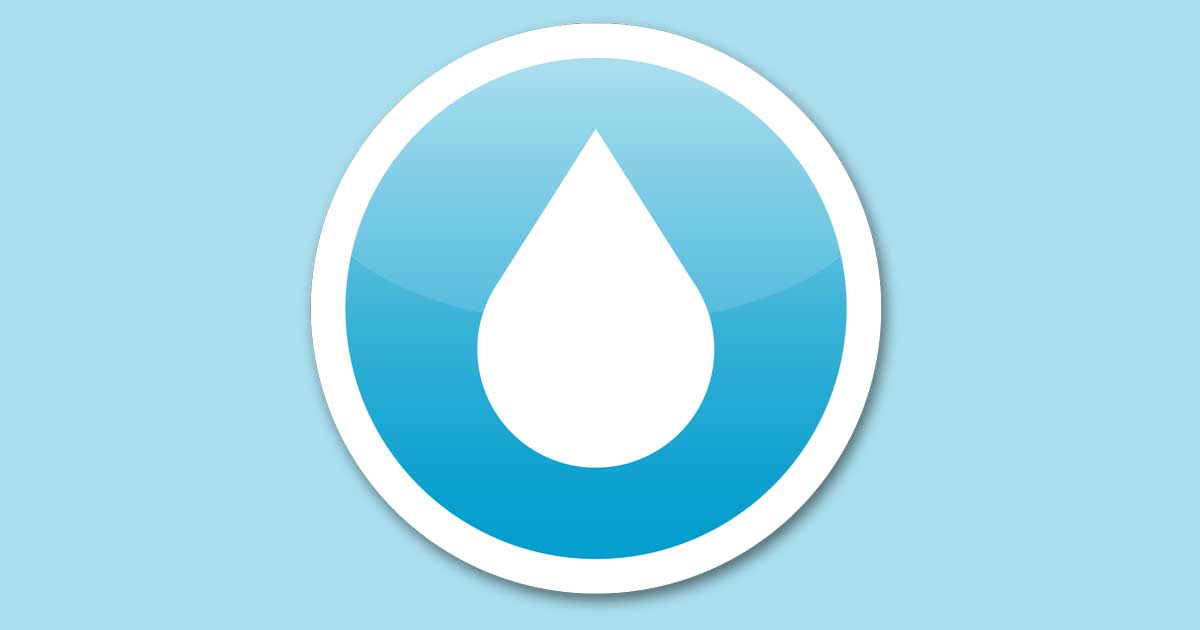Baby Wipes - why they don't belong in the Sewer
June 13, 2025
Why Baby Wipes Don’t Belong in the Sewer: Protecting Pipes, Pumps, and the Planet
In recent years, sewer systems across the country have faced an increasing and costly challenge: baby wipes. Though they may look harmless and are often labeled as “flushable,” baby wipes are one of the leading culprits in sewer blockages, equipment damage, and environmental harm.
Here’s why it’s so important not to flush baby wipes—and what you can do instead. The Big Myth: “Flushable” Wipes
Many wipes on the market today are advertised as “flushable,” but this label is misleading. While these wipes may disappear down the toilet, they don’t break down like toilet paper. Toilet paper is designed to dissolve quickly in water, while wipes—made of synthetic fibers like polyester or polypropylene—remain intact long after they’re flushed.
In sewer systems, these wipes bind with fats, oils, grease, and other debris to form massive clogs, often referred to as fatbergs. These blockages can damage pumps, clog pipes, and even cause raw sewage to back up into homes, businesses, and streets.
The Cost of Clogs
Across the U.S., municipalities spend millions of dollars annually dealing with wipes- related blockages. For small and rural sewer districts, these costs can be especially burdensome, leading to:
-
Increased maintenance on pumps and lift stations
-
Emergency repairs to remove clogs
-
Equipment replacements due to damage from tangled wipes
-
Higher sewer rates passed on to residents and businesses
Even in homes, flushing wipes can lead to costly plumbing repairs if they get stuck in private sewer lines.
Environmental Impact
The consequences extend beyond plumbing. When wipes cause sewer overflows, untreated wastewater can spill into local waterways, polluting lakes, rivers, and oceans. Marine life can suQer from ingestion or entanglement, and the microplastics in synthetic wipes contribute to long-term pollution.
What Can You Flush? The 3 Ps
To keep sewer systems running smoothly, remember this simple rule: Only flush the 3 Ps:
-
Pee
-
Poop
-
(Toilet) Paper
Everything else—wipes, tissues, paper towels, dental floss, hygiene products, cotton swabs—should go in the trash, not the toilet.
What You Can Do
-
Use trash cans in every bathroom for easy wipe disposal.
-
Spread the word to family members, guests, and neighbors.
-
Choose alternatives like reusable cloths or bidets when possible.
-
Support clear labeling laws that prevent companies from falsely advertising wipes as flushable.
Shared Responsibility
Sewer systems are designed to handle human waste and toilet paper—nothing more. Keeping wipes out of our pipes is a shared responsibility that protects public health, prevents environmental damage, and saves communities time and money.
When in doubt, throw it out. Your pipes—and your wallet—will thank you.
